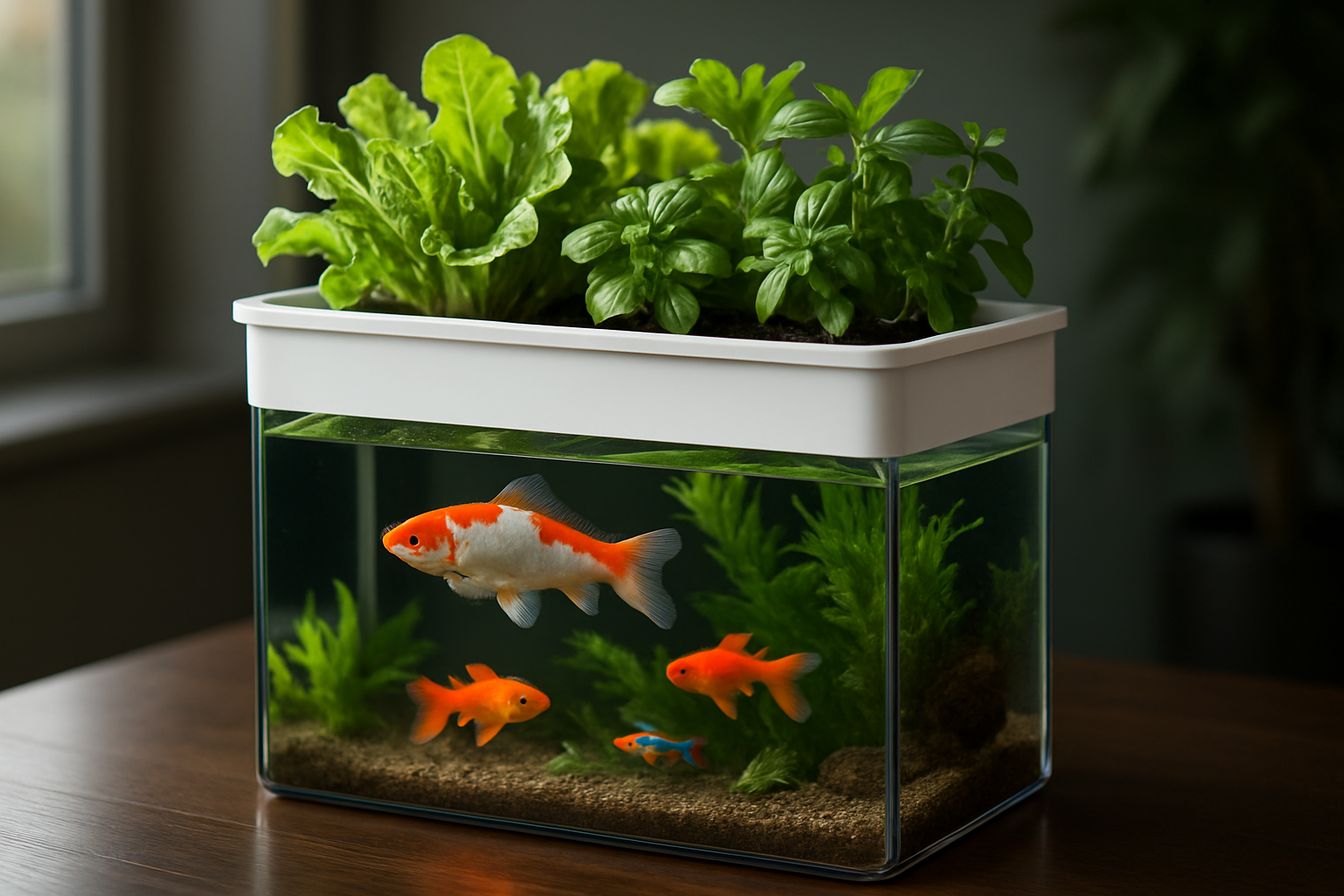Chronotype-Based Wellness: Aligning Your Health with Your Biological Clock
Are you a night owl struggling with early morning meetings? Or an early bird feeling sluggish by mid-afternoon? Your body's natural rhythm might hold the key to optimizing your health and productivity. Welcome to the world of chronotype-based wellness, where understanding your unique biological clock can revolutionize your approach to diet, exercise, and overall well-being.

The Science Behind Chronotypes
At the heart of chronotype science lies the suprachiasmatic nucleus (SCN), our brain’s master clock. This tiny region in the hypothalamus orchestrates our circadian rhythms, responding to light exposure and regulating the release of hormones like melatonin and cortisol. Genetic factors, including variations in the PER3 and CLOCK genes, play a significant role in determining an individual’s chronotype. Environmental factors and age also influence our chronotypes, with adolescents typically shifting towards later chronotypes and older adults becoming earlier types.
Chronotype-Aligned Nutrition: Eating in Sync with Your Body Clock
Emerging research in chrononutrition suggests that when we eat may be just as important as what we eat. Early chronotypes might benefit from a hearty breakfast to fuel their morning energy, while late chronotypes could perform better with a lighter morning meal and a more substantial dinner. Studies have shown that aligning meal times with our circadian rhythms can improve metabolic health, potentially reducing the risk of obesity and type 2 diabetes.
Optimizing Exercise Based on Your Chronotype
Your chronotype can significantly impact your exercise performance and recovery. Early chronotypes often excel in morning workouts, benefiting from higher testosterone levels and lower core body temperatures. Late chronotypes, on the other hand, may find their peak performance in the afternoon or early evening when their reaction times and muscle strength are at their best. Tailoring your exercise routine to your chronotype could enhance performance, reduce injury risk, and improve overall enjoyment of physical activity.
Chronotype-Informed Work Schedules: A New Frontier in Productivity
The concept of chronotype-based work schedules is gaining traction in forward-thinking companies. By allowing employees to work during their most productive hours, businesses can boost creativity, reduce errors, and improve job satisfaction. For instance, early chronotypes might excel in analytical tasks in the morning, while late chronotypes could be more creative during evening hours. This personalized approach to work schedules represents a paradigm shift in how we view productivity and work-life balance.
Mental Health and Chronotypes: Understanding the Connection
Research has uncovered intriguing links between chronotypes and mental health. Late chronotypes, for example, show a higher prevalence of depression and anxiety disorders, possibly due to the misalignment between their natural rhythms and societal expectations. Understanding these connections can lead to more effective treatment strategies, such as chronotherapy for mood disorders or tailored cognitive behavioral therapy approaches based on an individual’s chronotype.
Chronotype Flexibility: Adapting to Life’s Demands
While our chronotypes have a genetic basis, they’re not set in stone. Practices like strategic light exposure, consistent sleep schedules, and gradual shifts in daily routines can help adapt our chronotypes to life’s demands. This flexibility is particularly important for shift workers or frequent travelers who must constantly adjust their circadian rhythms. Techniques like bright light therapy and melatonin supplementation can aid in this chronotype adaptation process.
Chronotype Wisdom: Practical Tips for Everyday Life
-
Identify your chronotype through online assessments or by observing your natural energy patterns
-
Align your most challenging tasks with your peak alertness hours
-
Experiment with meal timing to find what works best for your chronotype
-
Consider your partner’s chronotype for better relationship harmony
-
Use light exposure strategically to reinforce or adjust your circadian rhythm
-
Practice good sleep hygiene, regardless of your chronotype
Understanding and embracing your chronotype can be a game-changer for your health and productivity. By aligning your daily activities with your body’s natural rhythms, you can unlock new levels of well-being and efficiency. Remember, there’s no one-size-fits-all approach to wellness – the key lies in discovering and respecting your unique biological clock.





